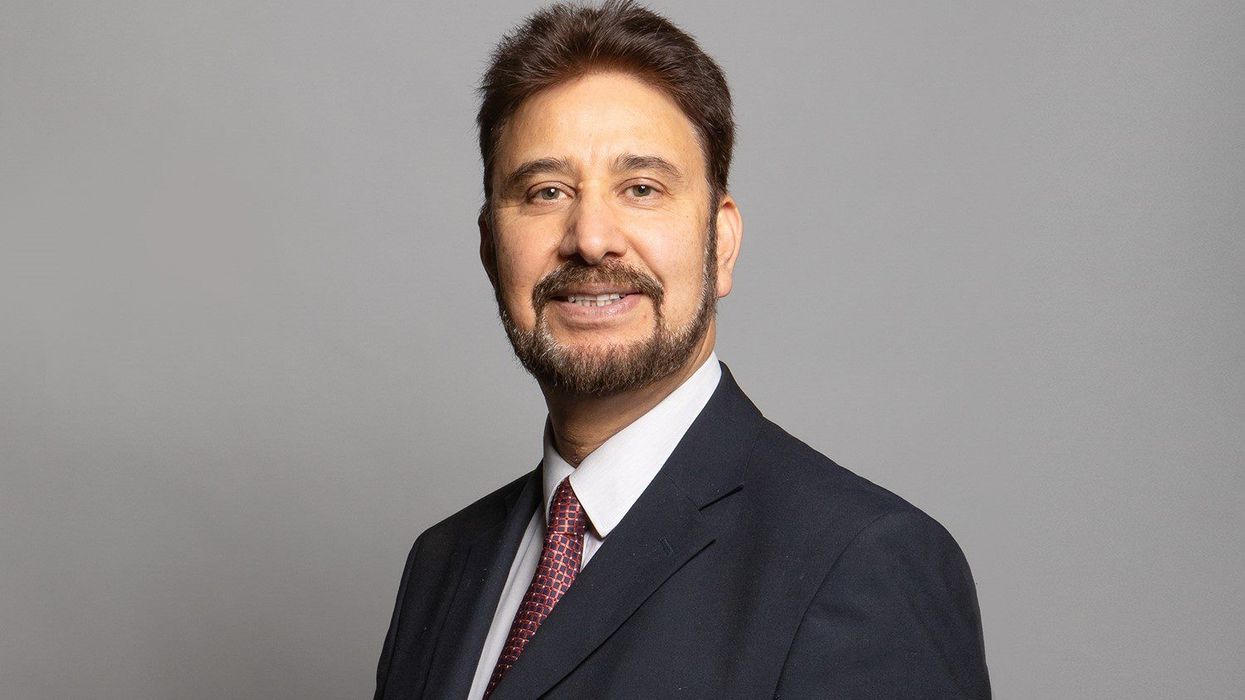LABOUR MP Afzal Khan has stepped down from his role as the UK’s trade envoy to Turkey following criticism over a personal visit to the Turkish-occupied north of Cyprus.
Khan, who represents Manchester Rusholme, travelled to the self-declared Turkish Republic of northern Cyprus recently. The region is not recognised by the UK government, as Turkish forces have occupied the northern third of the island since 1974.
During the trip, Khan met Ersin Tatar, the Turkish-Cypriot leader. The Cypriot government strongly condemned the meeting, calling it “absolutely condemnable and unacceptable.”
Khan told the BBC that the trip was made in a personal capacity during the parliamentary recess. He said he had travelled to visit his nephew and to accept an honorary degree from an academic institution, covering the costs himself.
In his resignation letter to the prime minister, Khan said, “I believe it is best to stand down at this time so as not to distract from the hard work the government is doing to secure the best possible trade deals for this country.”
He also pointed out that around 20 other British parliamentarians had previously visited northern Cyprus without facing similar criticism.
Despite this, pressure mounted over the past week. Shadow foreign secretary Dame Priti Patel and shadow foreign minister Wendy Morton had both called for Khan’s removal.
Morton welcomed his resignation but argued that Labour leader Sir Keir Starmer should have acted sooner.
Christos Karaolis, president of the National Federation of Cypriots in the UK, said Khan’s visit was “deeply inappropriate and unacceptable,” adding that his position had become “clearly untenable.”
A government spokesperson confirmed on Friday (15) that Khan had officially stepped down from his trade envoy role.





